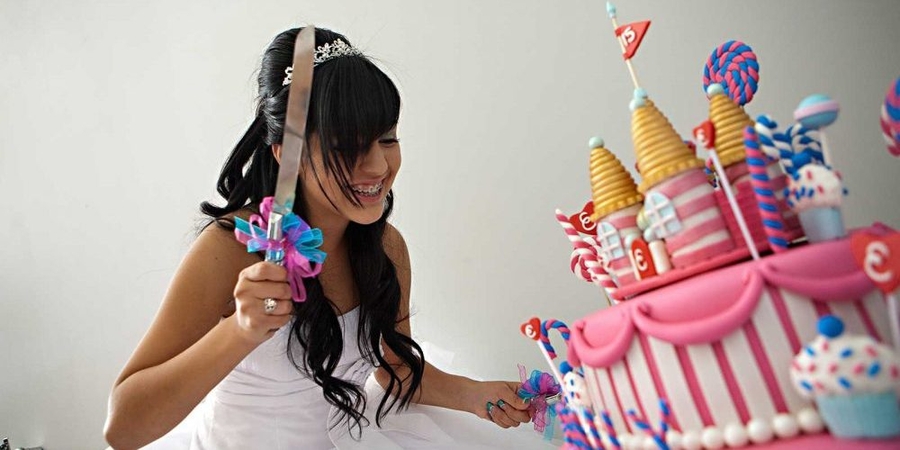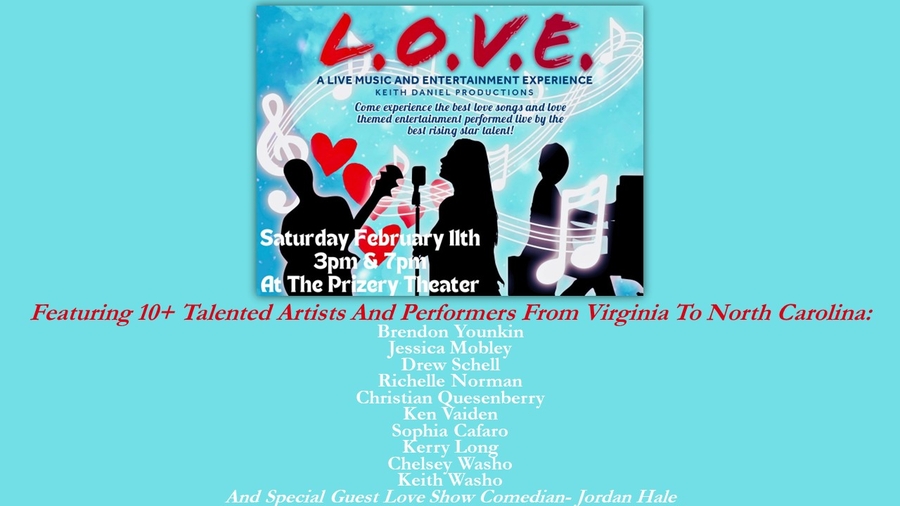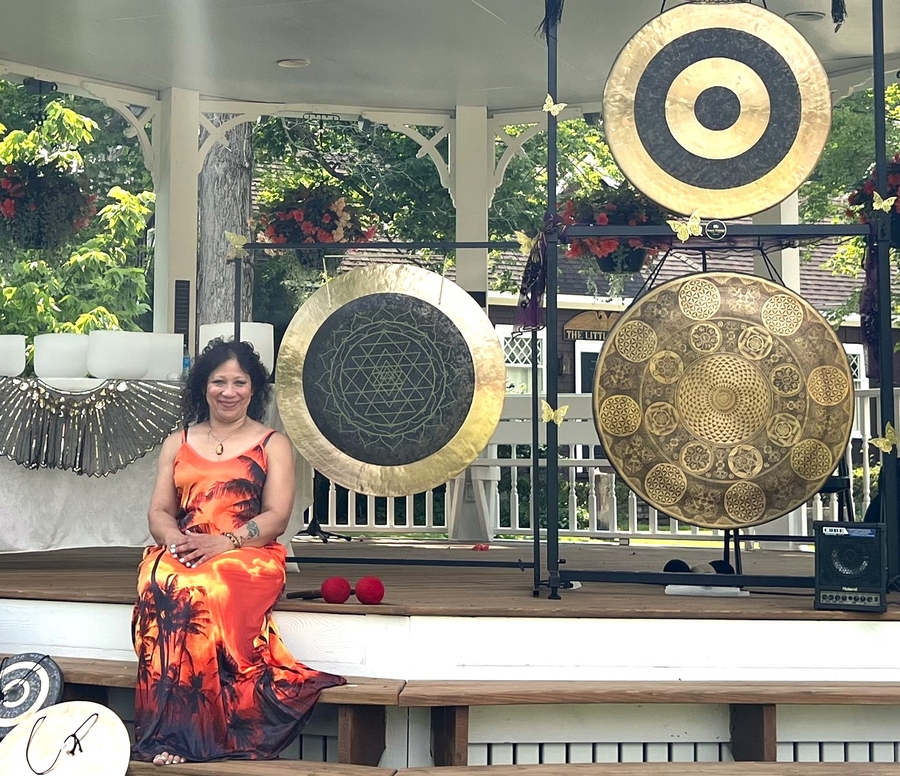After her first aria to a nearly sold-out crowd at the Philharmonia Baroque Orchestra gala, mezzo-soprano Susan Graham warned her thrilled fans, “It’s only going to get louder.”
San Francisco City Hall was decked out in massive bouquets and open bars for a gala dinner honoring PBO conductorNicholas McGegan on his 30th anniversary as the orchestra’s leader. “Nicholas McGegan is an inspiration,” gushed patronSteve John who, along with his husband, Jason Snyder, sported a Scottish kilt instead of tuxedo pants. “He’s elevated PBO to the global level.”
For the uninitiated, San Francisco is the home base of what is arguably the world’s best and largest period ensemble in the United States. “We play what’s called historically informed music on period instruments,” explained PBO Executive DirectorCourtney Beck. “We play Baroque, Classical, pre-Romantic, and we also commission new works.”
While most of PBO’s creative efforts are devoted to works from the 17th and 18th centuries, Thursday’s gala ambiance was decidedly modern. Guests sampled dim sum and sushi before a sit-down dinner of McCall’s Catering salad and medallions of lamb.
Gourmet meals and martinis hold a dim second place to posing for photographs at most high-priced fundraisers, but the PBO crowd was itching to finish dinner and head across Van Ness Avenue to Herbst Theatre for a show titled “Baroque Fireworks.” The nearly two-hour concert starred McGegan, Graham, and a collection of instruments that looked more suited to the halls of Hogwarts than downtown San Francisco. Violinist Elizabeth Blumenstock played a 1660 Guarneri violin valued at over a million dollars. In the back row of the orchestra, musician Douglas Yeo played the serpent, an all but extinct instrument that looks just a snake.
McGegan is a lively, animated conductor, moving about his podium as though he’s leading the Stanford Band onto a football field. He simply can’t help himself. “It’s some of the most joyous music there is, it’s some of the most emotional music there is, it’s some of the most direct music there is,” said McGegan in a bright blue bow tie before his concert. The beloved conductor credits PBO’s 35-year success to the “smart, lovely, sophisticated audience we have in the Bay Area.”
Baroque music might sound intimidating or even boring to someone who is not already a fan, but board President Ross Armstrong disagrees. “It has a beat. You can tap your toe to it!” Armstrong insists. “It’s the kind of music you can enjoy on the first listening.”
It’s doubtful that PBO’s gala concert was a first listening of Baroque music for anyone in attendance. Overheard on the walk from the concert back to an after-party at City Hall was a tuxedoed discussion on exactly when Baroque music first enjoyed popularity. (They seemed to settle on the late 1970s.) No one was the least bit interested in climbing any social ladders or comparing gown designers. This crowd was far more concerned with whatever happened to the serpent.
A goal of PBO’s after-party, the first for the annual gala, was to encourage more young people to attend. But by the looks of the decaf coffee line and diminished crowd before midnight, the orchestra’s biggest fan base remains silver-haired. Still, in terms of enjoyable after-parties, PBO nailed it. A jazz trio played on the steps of City Hall’s rotunda and high tables offered an array of desserts served in shot glasses. Next to a port-tasting station was a well-stocked cheese cart, and nearby, John and Snyder happily poured samples of high-end Scotch. A sign placed on one of the most popular dessert tables proudly announced that the chocolate crepes were “vegetarian.”
Graham, who was formally announced at the after-party to wide-eyed applause and glowing kudos, shares McGegan’s passion for the material and the physicality that comes along with it. The two have worked together often. “He allows me to find my honesty in the music,” said Graham of McGegan. “It’s a great symbiotic relationship.”
Relationships are clearly at the heart of McGegan’s three decade-long career at PBO. Throughout the evening, guests marveled at the conductor’s charm and intimate involvement with both the orchestra and his audience. Asked if he has another 30 years of conducting left in him, the 66-year old McGegan chuckled. “Conductors are like wine,” he said. “We get better and better with age. As long as nothing falls off, I’m good to go for a few more years.”











